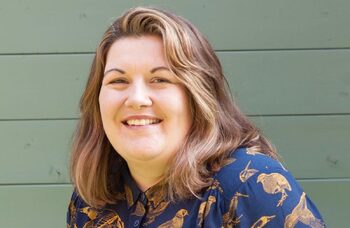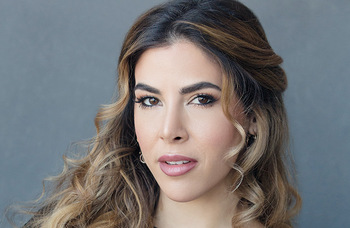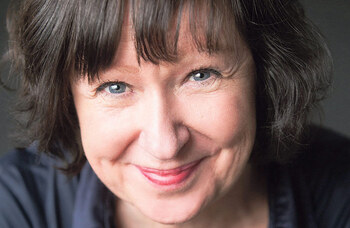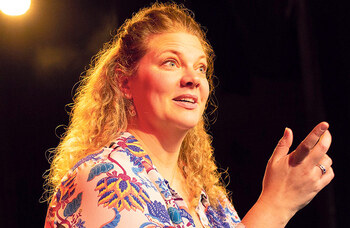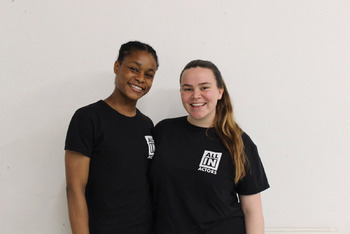How to Choose Your Drama School – Careers Clinic special
How old is too old for drama school?
I made my first drama school applications while I was in sixth form, and had an audition for one of my chosen schools. Unfortunately, I didn’t make it through. My plan was to re-apply but one of my parents fell ill and I had to care for them for several years. I’m now free to apply again, but all my acting friends have long since graduated. How old is too old for drama school and is it worth giving it one more go?
I can’t guarantee that this time of applying for drama school will be the one that gets you in, but then, as any working actor will tell you, there is virtually nothing in our industry that is guaranteed.
What I can tell you is that, whatever other challenges there may be in the acting profession, there is no set-in-stone ‘ideal time’ to enter (or indeed to leave). Not only do you have just as much right as anyone else to throw your cap back in the ring, but any drama school worth its salt should be willing to give you a fair chance to enter. To back me up on this, here is the advice of Scott Bellamy, head of student recruitment and marketing at Royal Central School of Speech and Drama.
“Training can be right for anyone at any age as long as they have passion, dedication and a commitment to developing a career in their chosen field. The most important thing for candidates is to find the course that they feel is right for them and for their skills, and to consider whether that training will benefit them in reaching their goals.
“Some students apply to our programmes straight after completing their A levels or BTEC courses, and others apply after taking time off from studying. Still others come to us after they’ve spent time working in the industry so that they can top up their skills or specialise.
“At Central, we have students of all ages training on our courses. This brings an array of different experiences and backgrounds to the training space and enriches the learning experience for everyone.”

Will I fit in?
As a working-class student, how will I fit in at drama school with other students from much more middle-class and privileged backgrounds?
Inequality in our industry is often characterised in terms of the need to get past gatekeepers and break down doors, but anyone with genuine aspirations to make the training sector more inclusive needs to understand that support for under-represented students is just as important when they have ‘got past the door’ as it was on the other side.
For some thoughts on this topic I turned to Sharon MacInnes, drama course leader at Bilborough Sixth Form College in Nottingham, which has an exemplary track record in helping working-class students navigate drama school applications and the hurdles that exist beyond.
She says: “Moving and getting settled in can be very daunting for working-class students who don’t have parents with cars to drop them off, to support them, or to orientate them on their arrival at their accommodation. A former student arrived alone on a coach with only a backpack. Surrounded by other students in big cars full of stuff, they realised the stark situational contrast as they hunted down the local shop for a Pot Noodle while classmates’ parents were taking them for dinner.
“Experiences like this can increase the anxiety of feeling ‘different’ from the outset. The other big issue can be affording a deposit, equipment and kit before the student loan kicks in and the big hole these make in the budget.
“There are a few schools who are aware of this and some who, sadly, aren’t. It is a good idea to check out a school’s commitment to recruiting students from working-class and underprivileged backgrounds. If they are committed there will be a clear mission statement and bursaries available. Apply to the schools who clearly advertise this support in a welcoming way on their website and prospectus.
“I always encourage my students to look at Rose Bruford, East 15, Manchester Metropolitan and Fourth Monkey as drama schools with a good track record for supporting lots of my own working-class students with this seemingly daunting transition.”
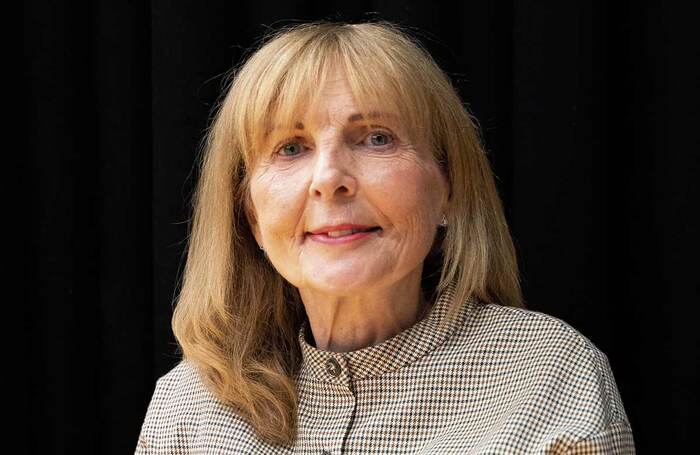
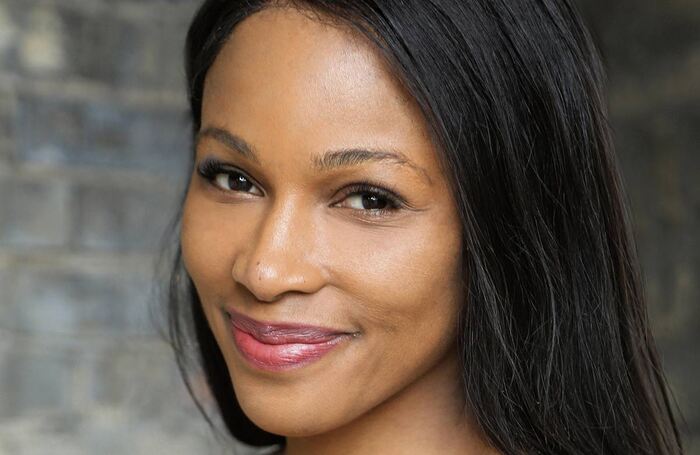
Should I train abroad?
I am currently applying to several drama schools here in the UK, but as many of the actors and shows I really admire are American, I wondered if it would be wiser for me to apply to train in New York or Los Angeles?
As with any other decisions around drama school training, weighing up whether to train overseas, whether that is in Europe, America or further afield or to train at home needs to be done carefully, considering the ethos of each different institution, your own goals and budget and the practicalities of working as an actor after training. It’s important to point out that being allowed to train in a particular country does not automatically mean you will get a working visa for that country afterwards, and you may have to adapt what you learned abroad to working back home.
Actor, producer and founder of Transition Stage Company Natalie Yesufu Adele-Edwards trained at the New York Film Academy and at Birmingham Royal Conservatory. “Things may have changed since I trained but, in my experience, American drama schools often focus on acting techniques such as Meisner and the Method, which makes for much more natural actors. However, many disregard voice training and characterisation, which I believe is also essential. The drama schools such as Juilliard, Yale and Tisch (New York University) that do offer extensive voice training are hard to get into and extremely expensive.
“Another contrast is America’s focus on network, marketing and industry. They fight to get their actors working and, in America, the work aspect is just as important as acting training. Industry support is still markedly less in many British drama schools.
“So, my advice would be to consider studying in the UK to get a degree, then if you want to network and get those ‘sky’s the limit’ opportunities, do a master’s in the USA (and make sure to master your Standard American accent).”
What should I do if I don’t want to act?
I’ve always enjoyed taking part in plays at school but, although I have played the occasional onstage role, it has always been backstage work that has most interested me. Several of my friends are now making their drama school applications, and there seems to be a lot of information available to help them. However, for somebody like me who wants to work in theatre but doesn’t want to train to be an actor, can you give me some direction as to what drama schools might be able to offer?
Although acting is undoubtedly the most visible job in theatre, that visibility usually only comes about based on the efforts of a wide variety of other people working in tandem, ranging from those who market the show to the teams who light and design the show before the curtain rises. Not surprisingly, there are several routes into those non-acting jobs, ranging from apprenticeships to vocational courses, but the drama school a is also worth exploring.
Richard Reddrop, head of theatre and performance design and technology at Liverpool Institute for Performing Arts, has offered some advice on how to get started and how training in this area can be a smart choice from an employability point of view. He says: “The first thing to consider is what you are passionate about. There are options for nearly every interest, attribute and skill to be realised in the performing arts sector. For example, if you’re interested in computers and programming there’s lighting control and sound; if it’s engineering, there’s system design; if you enjoy management and organisation, there’s stage management; and if you have those making and construction skills then there are the workshop areas, such as prop making, that require those qualities.
“The performing arts industry highlighted the significant skills shortage in technical, management and making roles back in 2017 and that has only been exacerbated by Covid. Since the onset of the pandemic many practitioners have used their transferable skills to work elsewhere and haven’t returned to the industry. It means there are opportunities. It’s a very exciting time for graduates as they know there are tangible and sustainable careers waiting for them.”

How do I make a success of drama school?
After a year of self-tapes, online applications, in-person auditions, waiting with bated breath for exam results, and a whole lot of part-time working and fundraising from family, friends and the internet to scrabble together my fees, I’m finally here, starting my first term at drama school. After all that time and effort, what is your best advice for making a success of it?
My advice is the same I would give an actor at any stage of their career: define success in terms of things you can control, rather than things that are down to luck or to others’ approval, and you will set yourself on the best footing, whatever happens.
Whatever does happen, you could do worse than remember these very wise words shared with me by actor/writer Daniel Cameron, a graduate of, and now a lecturer at, Royal Conservatoire of Scotland: “Give yourself permission to make mistakes. Learn and grow from them. This gig takes years and compassion is key. Be open to success as well as failure. Remember – the audition is over. You are here now. You are enough.”
Contact careers adviser John Byrne at dearjohn@thestage.co.uk or @dearjohnbyrne
Opinion
Recommended for you
Advice
Recommended for you
Most Read
Across The Stage this weekYour subscription helps ensure our journalism can continue
Invest in The Stage today with a subscription starting at just £5.99
 John Byrne
John Byrne




